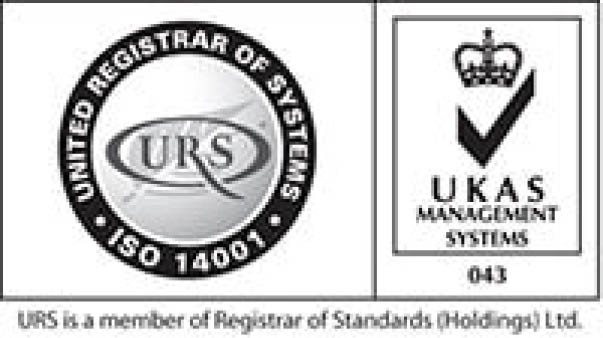Waste handling regulations are not just an issue for businesses like ours that specialise in managing commercial waste. If you own or operate a business you have a legal responsibility under the Environmental Protection Act 1990 for any waste your business creates.
Even if you use a specialist waste handling contractor, they are, essentially, acting as your agent. You remain responsible for ensuring that waste is disposed of correctly. This is why it’s so important to work with a reputable waste handling partner who can not only deal with waste legally being removed from your site but also dispose of it, and can offer advice on what you should be doing.
If your business only creates a small amount of waste it might be tempting to dispose of it through household collections or roadside bins. This is breaking the law and could result in a fine.
What are your Waste Responsibilities?
If another organisation handles your commercial waste, here’s what you MUST do:
- Keep all business waste secure until it is collected.
- Make sure that whoever collects your commercial waste is registered to carry waste with the Environment Agency.
- Keep records to prove that waste was collected by a registered carrier and that it was disposed of properly through an accredited recycling facility or waste transfer station.
When You Must Register with the Environmental Agency
If your business transports, buys sells or disposes of waste, or if you arrange for somebody else to buy, sell or dispose of waste, you must register with the Environment Agency.
‘Transporting waste’ includes bagging up your commercial waste and taking it to a recycling centre yourself. If you are only handling your own commercial waste, registration will be free. This is surely better than risking a £5000 fine. You may also be expected to pay to dispose of your commercial waste at a recycling centre.
Hazardous Waste – Your Responsibilities
Waste such as paint, motor oils, fluorescent tubes, televisions, fridges or flammable, corrosive or toxic chemicals are considered hazardous. If you think your business produces any of these you should get advice from your waste collection company or the Environment Agency regulations. The same goes for any electrical waste that you create, including old printers and computers, this type of waste is covered by specific regulations.
Is it Worth the Risk?
If you fail to sort or store waste securely you could face a fixed £80 penalty. If you can’t produce waste transfer notes on request, that could cost you £300 (remember, you must keep these for at least two years).
If you are deemed to be negligent, for example by not ensuring your waste carrier is properly licensed, and your commercial waste ends up harming the environment, you could end up in court with the threat of substantial fines or even imprisonment.
If in doubt it’s always best to get advice. The simplest way to get peace of mind is to ensure that waste is handled properly by a local and well-respected waste handling partner. Contact us today on 01823 664628 to find out more about how we can help.

